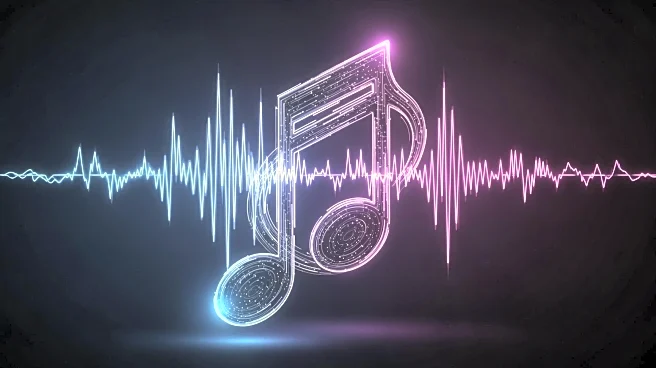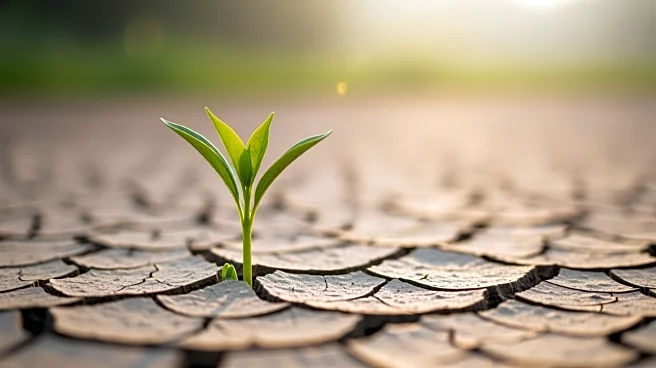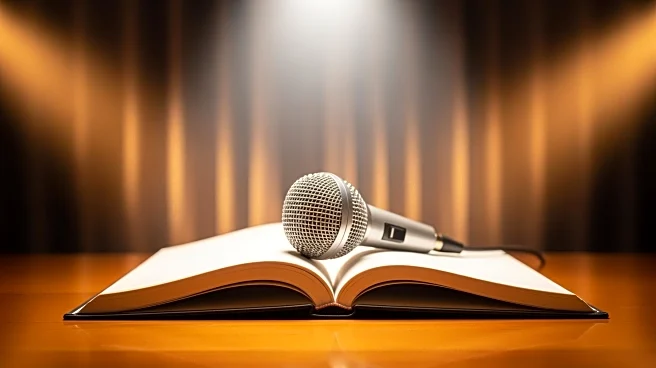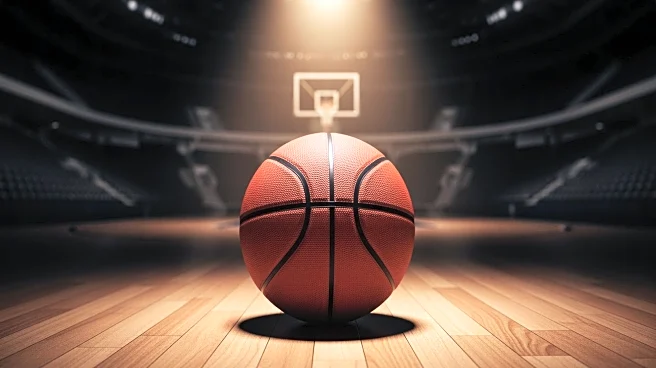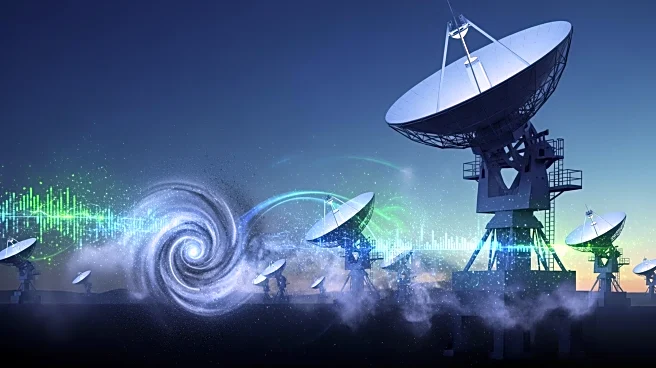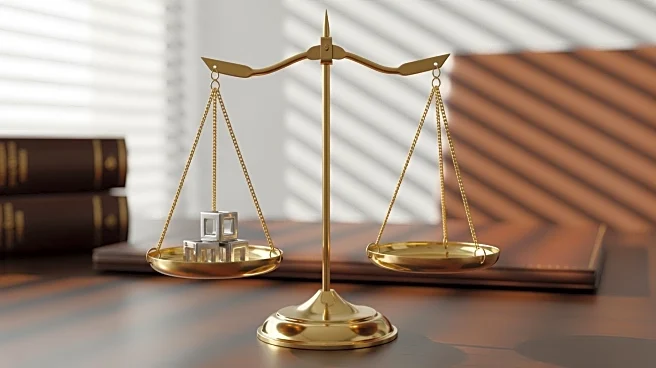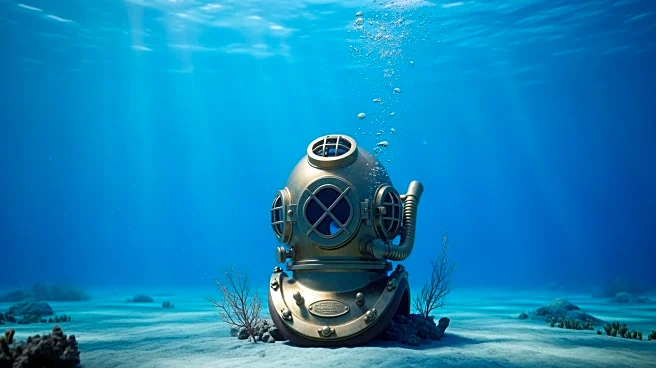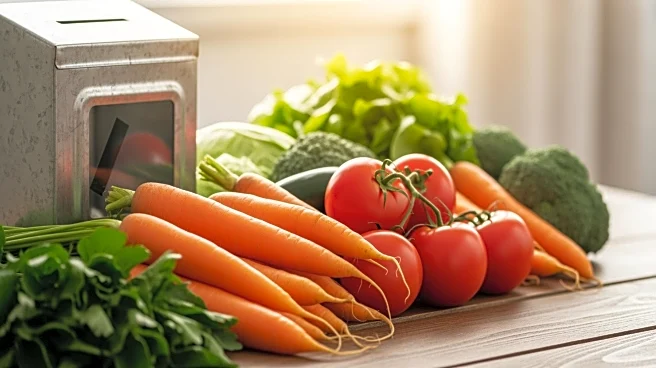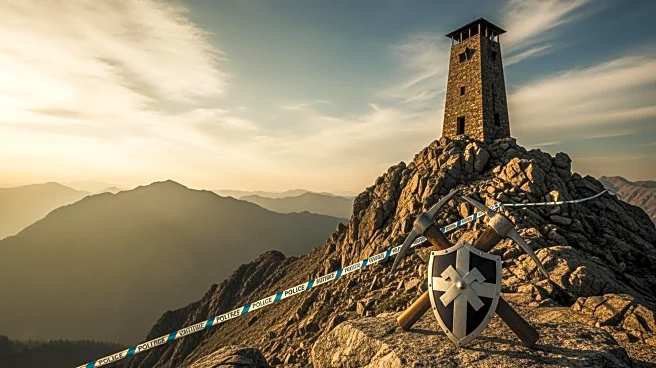What's Happening?
OpenAI is reportedly working on a new generative music tool that can create music based on text and audio prompts. This tool could potentially be used to add music to existing videos or provide guitar accompaniment to vocal tracks. The development involves
collaboration with students from the Juilliard School to annotate scores, which will serve as training data. While OpenAI has previously launched generative music models, this new tool is expected to integrate with existing platforms like ChatGPT and the video app Sora. The timeline for the tool's release and its availability as a standalone product remain unclear.
Why It's Important?
The development of a generative music tool by OpenAI could significantly impact the music and entertainment industries by providing creators with new ways to enhance their content. This tool could streamline the process of adding custom music to videos, making it more accessible for independent creators and small businesses. Additionally, it could challenge existing music production models by offering an automated solution that reduces the need for traditional music composition. The collaboration with Juilliard students highlights the potential for educational institutions to play a role in advancing AI technologies.
What's Next?
As OpenAI continues to develop this tool, potential reactions from the music industry and content creators will be crucial. There may be discussions around intellectual property rights and the ethical implications of AI-generated music. The tool's integration with existing platforms like ChatGPT could lead to broader adoption and influence how music is used in digital content. Stakeholders in the music and tech industries will likely monitor the tool's development closely, considering its potential to disrupt traditional music production and distribution channels.
Beyond the Headlines
The introduction of AI-generated music tools raises questions about the future of creativity and the role of human artists. While AI can offer efficiency and new possibilities, it also challenges the traditional notion of artistic expression. The collaboration with Juilliard students suggests a blending of human expertise and AI capabilities, which could redefine how music is taught and created. Long-term, this development may lead to broader acceptance of AI in creative fields, influencing cultural perceptions of art and technology.
